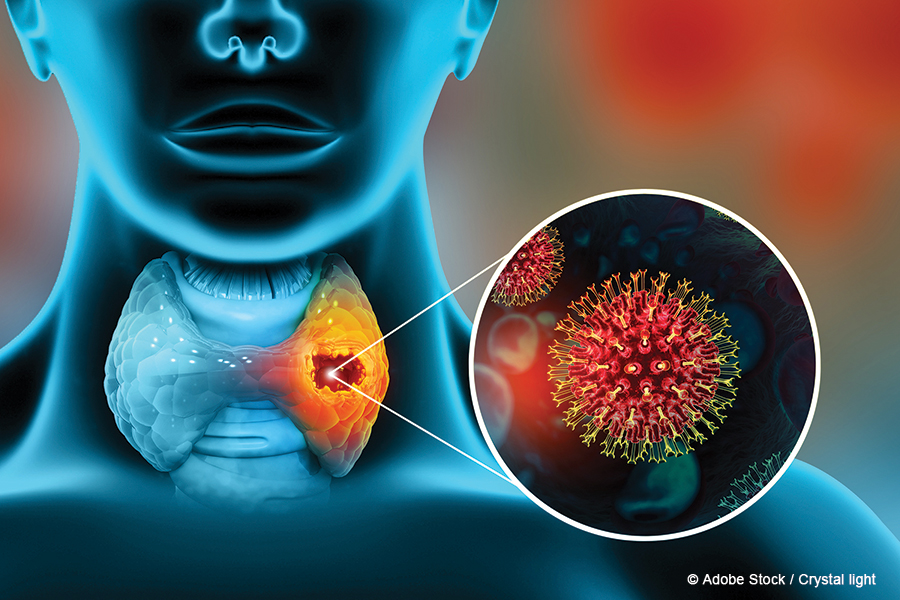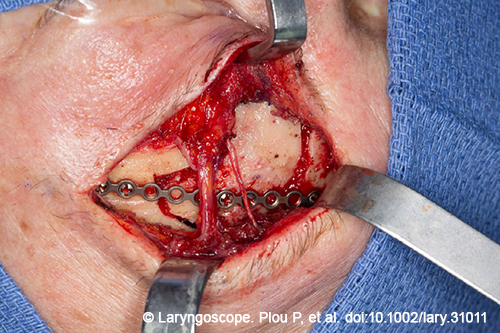Targeted immunotherapies have become part of ATC treatment over the last decade or so, boosting recognition of tumor cells and activation of the immune system. But the studies on their effects have been fairly scarce and heterogeneous.


Targeted immunotherapies have become part of ATC treatment over the last decade or so, boosting recognition of tumor cells and activation of the immune system. But the studies on their effects have been fairly scarce and heterogeneous.

In this How I Do It article, a single-port endoscopic removal of forehead osteoma technique for otolaryngologists and the associated outcomes are described.
Self-reported taste changes in patients with oropharyngeal cancer who have had TORS are frequent; suspension time and glossopharyngeal nerve injury are unlikely to cause symptomatic TDs.

This full-extension eyebrow approach allows full exposure of the frontal sinus with a large osteoplastic bone flap and preservation of the supraorbital nerve.

The Procreate application was utilized on iPad Pro to intraoperatively annotate 3D renderings of head and neck surgical defects and resection specimens. By using Procreate on an iPad, the surgeon could annotate intraoperatively without breaking scrub to indicate the breadth of supplemental margins harvested in real time.
Delayed head and neck cancer diagnosis delays due to increased antibiotic prescribing periods are known to be harmful to patients.
In recent years, rates of an endoscopic approach to pituitary tumors use have increased. Literature comparing postoperative outcomes of various approaches has been mixed.
A Dynamic Risk Stratification tool showed that patients with postoperative tall cell variant papillary thyroid cancer who achieve an excellent overall response to therapy at any point during follow-up have significantly improved outcomes.
Multimodal pre-habilitation and rehabilitation have been an important topics in the literature, aiming to combat modifiable patient factors like sarcopenia, malnutrition, and psychological status.

In April 2023, we listed a variety of topics at the 2023 Combined Otolaryngology Spring Meetings (COSM) in Boston that had piqued the interest of ENTtoday’s physician editor Robin W. Lindsay, MD. This time, we’ve taken a closer look and highlighted some of the topics chosen.